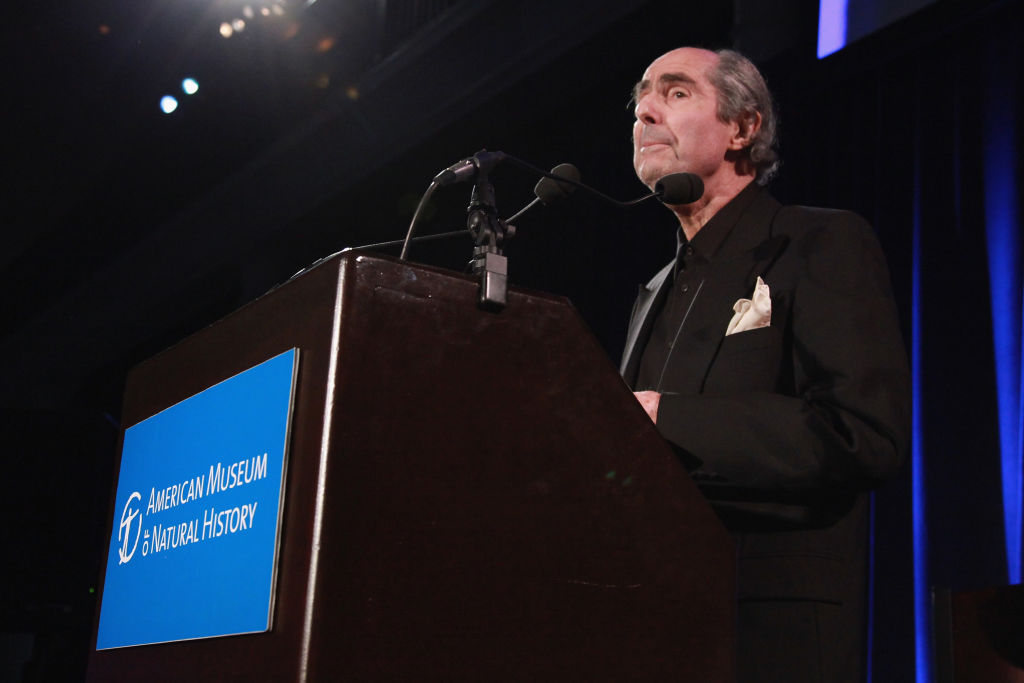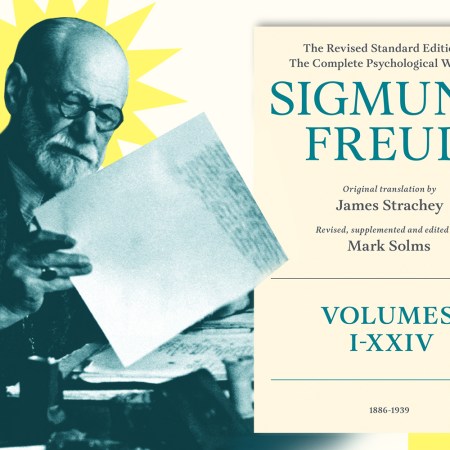If you’ve been paying attention to literary news this year, you’re probably aware of the ongoing controversy surrounding Blake Bailey’s authorized biography of Philip Roth. The book’s original publisher, W.W. Norton, decided to take the book out of print following a number of allegations of horrific behavior on Bailey’s part, including multiple accusations of rape. Earlier this week, Skyhorse Publishing announced plans to bring Bailey’s book back into print.
In a new article for The New Republic, Alex Shephard explores another aspect of the controversy surrounding the biography and how it might impact Roth’s legacy. It hinges on Bailey’s role as Roth’s official biographer; as Shephard’s colleague Laura Marsh wrote in her review of Blake’s biography, Roth’s process of finding an official biographer was long and contentious. And given his “official biographer” status, Bailey had access to documents almost no one else did — at least some of which were slated to be destroyed in the aftermath of the biography’s publication.
The Philip Roth Society published an open letter calling on Roth’s executors to keep these documents intact. “Efforts undertaken by Roth and his estate to control his legacy have backfired spectacularly,” Shephard writes. “The best way to preserve his legacy, which has been damaged by the fallout from Bailey’s scandal, is to open up his papers to a wide variety of scholars.”
The whole article offers a fuller glimpse of the issues at stake and the contentious debates that have surrounded both the official biography and other efforts to write about Roth. It’s a fascinating look at a polarizing writer’s literary legacy, as well as a compelling entry in a longer debate about authorial wishes regarding posthumous work.
Thanks for reading InsideHook. Sign up for our daily newsletter and be in the know.


















